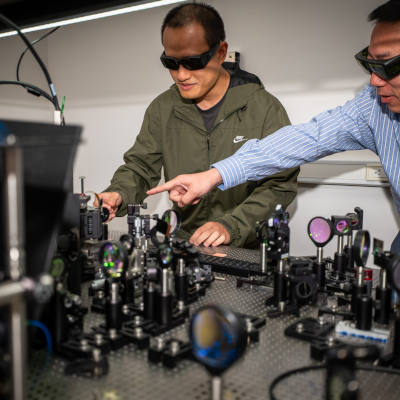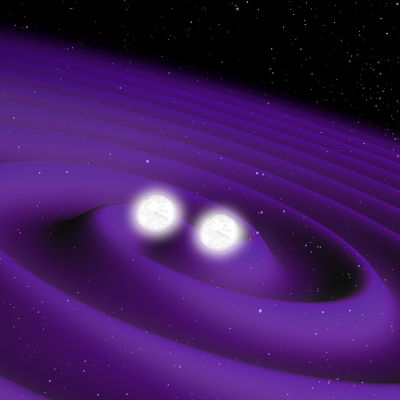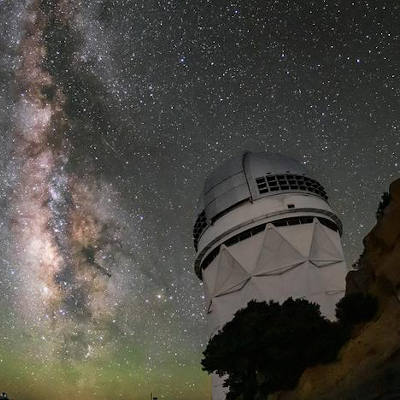Webb telescope data hint at galaxy rotation mystery
Mar. 20, 2025.
2 mins. read.
Interactions
NASA's James Webb Space Telescope finds most deep-space galaxies rotate clockwise, challenging ideas about the universe.
NASA’s James Webb Space Telescope (JWST), launched over three years ago, explores deep space. A new study of JWST data, published in Monthly Notices of the Royal Astronomical Society, shows that most galaxies in the telescope’s images spin the same way.
The study uses data from the Advanced Deep Extragalactic Survey, or JADES. JADES captures clear pictures of distant galaxies. The new study examines 263 galaxies from JADES, analyzing their shapes to determine rotation direction.
It turns out that about two-thirds of these galaxies rotate clockwise. Only one-third spin counterclockwise. In a random universe, clockwise and counterclockwise galaxies should balance out. This imbalance surprises scientists.
The study cites Kurt Gödel, who developed a mathematical model of a universe that rotates around every point. Matter, like stars and galaxies, causes this rotation. In Gödel’s rotating universe, time loops could form, letting someone travel back in time if they follow certain paths.
Are we living inside a black hole?
“One explanation is that the universe was born rotating,” says Lior Shamir, the sole author of the study, in a Kansas State University press release. “That explanation agrees with theories such as black hole cosmology, which postulates that the entire universe is the interior of a black hole.”
Of course the press has picked this up. “Mysterious James Webb Discovery Could Mean We Live in a Black Hole,” reads a Newsweek headline.
“Is our universe trapped inside a black hole?, reads a space.com headline. “This James Webb Space Telescope discovery might blow your mind.”
Nikodem Poplawski is one of the scientists who support black hole cosmology. “The discovery by the JWST that galaxies rotate in a preferred direction would support the theory of black holes creating new universes,” Poplawski told space.com, “and I would be extremely excited if these findings are confirmed.”
Needless to say, there could be other explanations for these new JWST findings.
Let us know your thoughts! Sign up for a Mindplex account now, join our Telegram, or follow us on Twitter.


.png)

.png)


.png)




0 Comments
0 thoughts on “Webb telescope data hint at galaxy rotation mystery”